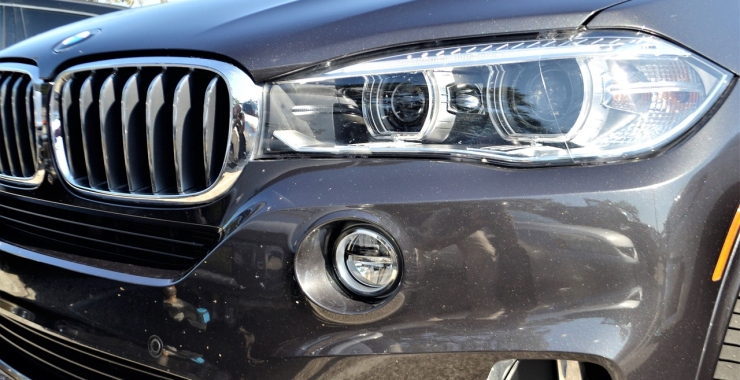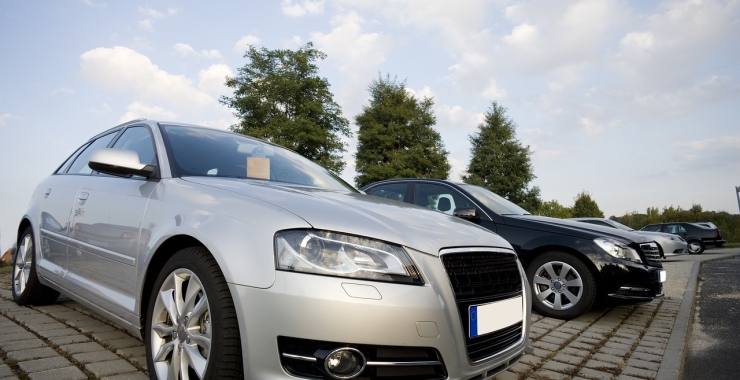The Advantages of Buying a Used Car over a New One
When it comes to purchasing a vehicle, the decision between buying a new car or a used one is a common dilemma. While the allure of a shiny, brand-new vehicle may be tempting, there are several compelling advantages to buying a used car that shouldn’t be overlooked. In this article, we will explore the various benefits of buying a used car and how it can be a wise choice for many car buyers.
Cost Savings
One of the most significant advantages of buying a used car is the cost savings. Used cars generally have a lower price tag compared to their new counterparts. As soon as a new car is driven off the dealership lot, it depreciates significantly, losing a significant portion of its value. By purchasing a used car, you can avoid this initial depreciation and get more value for your money. Additionally, used cars typically have lower insurance costs, registration fees, and sales taxes, resulting in further savings.
Lower Depreciation
As mentioned earlier, new cars experience substantial depreciation in their first few years of ownership. According to industry estimates, new cars can lose as much as 20% of their value in the first year alone. By buying a used car, you let someone else absorb that initial depreciation, allowing you to enjoy a more stable resale value if you decide to sell the car later on.
Wider Variety and Access to Higher-End Models
Another advantage of buying a used car is the wider selection of models available. When purchasing a new car, you are limited to the current year’s models, but with a used car, you have access to a broader range of choices across various model years. This opens up the possibility of finding a well-maintained, higher-end model at a fraction of its original cost. Buying used gives you the opportunity to own a vehicle with features and specifications that might have been unaffordable in the new car market.
Reduced Insurance Costs
Insurance premiums are calculated based on the value of the vehicle. Since used cars have a lower market value, insurance costs tend to be lower as well. In addition to the purchase price being lower, used cars often have lower repair costs, leading to potential savings in insurance premiums. Furthermore, with a used car, you have the flexibility to choose the coverage that suits your needs without being locked into a comprehensive policy as required for new car financing.
Established Reliability and Ownership History
One advantage often overlooked is the ability to research the reliability and ownership history of a used car. With the wealth of information available online, you can easily access vehicle history reports, read customer reviews, and get a better understanding of a specific model’s performance and potential issues. This empowers you to make an informed decision based on real-world experiences, ensuring a higher likelihood of getting a reliable vehicle.
Lower Financing and Interest Rates
Financing a used car typically comes with lower interest rates compared to new car financing. Financial institutions and lenders often offer more favorable loan terms for used cars due to their lower purchase price and proven value. This can result in significant savings over the life of the loan, making a used car an attractive option for those looking to minimize their overall costs.
Conclusion While the allure of a new car may be enticing, there are undeniable advantages to buying a used car. The cost savings, lower depreciation, wider variety, reduced insurance costs, established reliability, and lower financing rates make a compelling case for considering a used car as a viable option. By carefully researching, inspecting, and test-driving used vehicles, you can find a reliable, high-quality car that meets your needs and budget. Ultimately, the decision to buy a used car can lead to substantial savings without sacrificing quality or performance.





